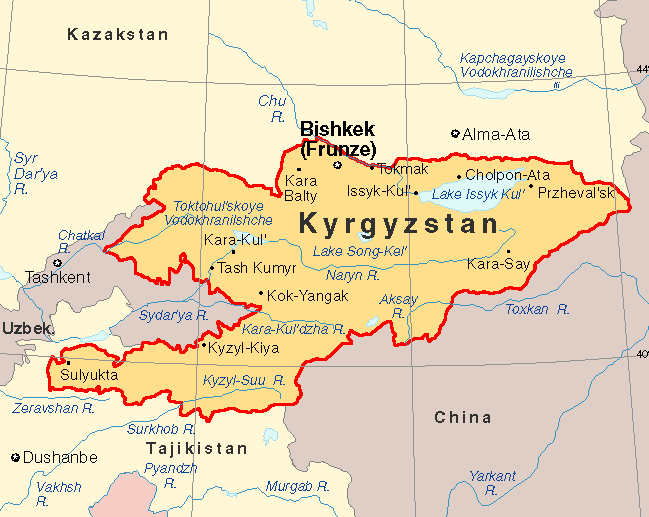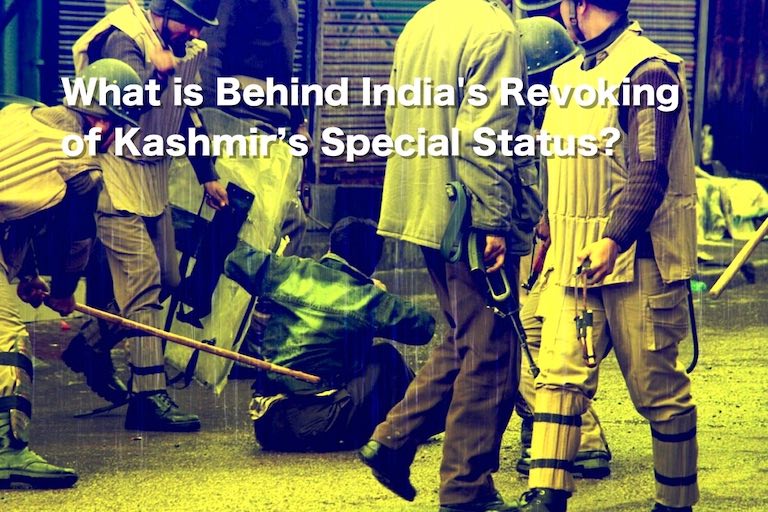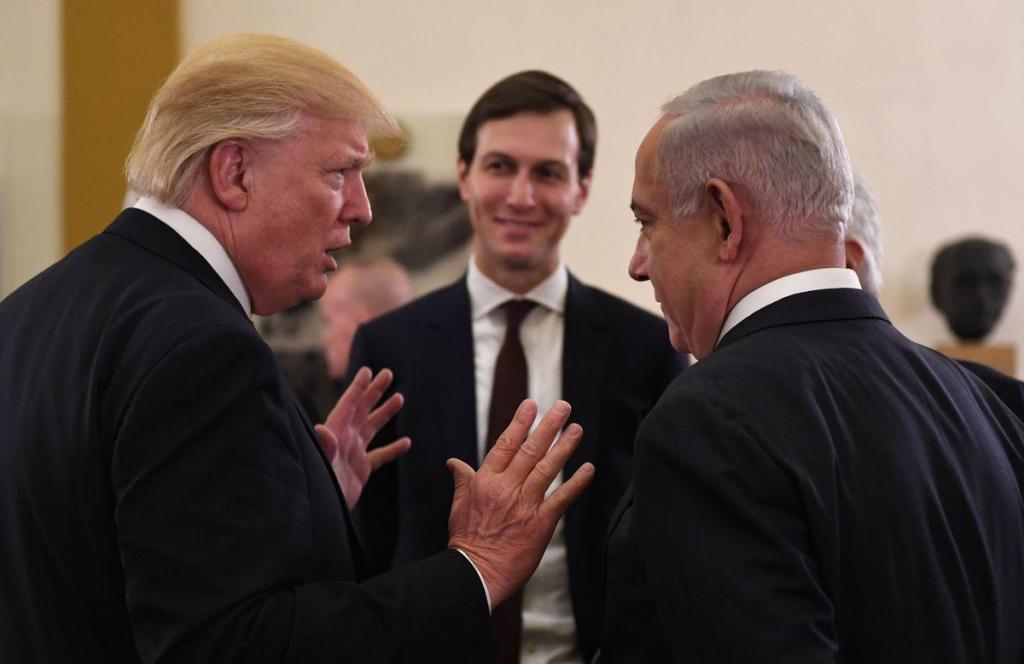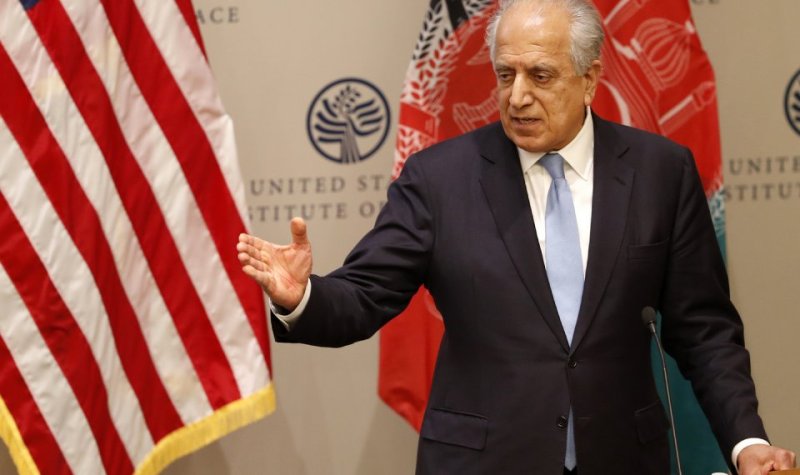Recent Events in Kyrgyzstan

Bismillah Al-Rahman Al-Raheem
Answers to Questions on the Recent Events in Kyrgyzstan
The army in Kyrgyzstan have recently announced a state of emergency and imposed a curfew in the cities of Osh, Jalal-Abad and other parts of the country, on the grounds of continued disturbances and acts of violence that have killed and wounded hundreds among both the Kyrgyz majority and the Uzbek minority.
The head of the interim government, Rosa Otunbayeva, has accused supporters of former President Kurmanbek Bakiyev, who was ousted last April, of fuelling ethnic violence in his stronghold city of Osh, in order to disrupt the national referendum on a new constitution scheduled for June 27 this month. Despite Bakiyev’s initial denial of any involvement in the wave of ethnic violence that blighted the south of the country, he went on to say after fleeing Kyrgyzstan -with a green light from Moscow- and taking refuge in Belarus:
“There is no power that would make me resign from the presidential post. Kyrgyzstan will not be anyone’s colony.”
Indeed, the coup that took place in Kyrgyzstan in early April was with the design and support of America, in cooperation with the mafia and drug gangs. The reason behind planning this coup was America’s fear of Bak iyev shortening the lease terms of the American base, which Russia wants to get rid of. In other words, it was in order to preserve her only base in the country. This is why America hastened to offer an increase in the rent value for the American Manas air base near the Capital Bishkek from $17 million to $63 million dollars a year. Then America accelerated the coup against Bakiyev and brought in Roza Otunbayeva, a former ambassador to Washington and London. She stated upon taking office that the base would not be affected and that the validity of the contracts would not be affected. She said: “We have no intention to change anything with regards to the US air base; our main concern is the stability of our citizens.” She later told the Washington Post and Newsweek that the lease contract for the Manas Air Base would be renewed “automatically” and that “such long-term relations (with the US) would continue”.
There are several indicators to support the view that the coup in Kyrgyzstan was planned and supported by America:
First: America pretended at first that she was unable to undertake a stance vis-à-vis the events in Kyrgyzstan; a senior U.S. official said: “We are still evaluating what is happening on the ground so it is difficult to make a decision now regarding who’s in charge”. However, Assistant Secretary of State for Central Asia Robert Blake said after a visit to Bishkek that the leadership of Rosa Otunbayeva provided to Kyrgyzstan “…a unique and historic opportunity to create a democracy that could be a model for Central Asia and the wider region”. Blake also described the change that took place in Kyrgyzstan as a “democratic transition”, and he promised the support of the US”…to find quick ways to improve the economic and social situation” of the country.
Second: America has been attempting to link the coup to Russia by inspiring a number of senior officials in the new Kyrgyz government to suggest that Russia has “played a role in the overthrow of Bakiyev.” Hence, America wants to lure Russia into supporting the new regime through such statements, such as the statement by the Minister of Finance in the interim government, Temir Sariyev, who said, “We have an eternal friendship with Russia. Russia is our key strategic partner.” Sariyev added: “We know that we can rely on Russia to help us in this situation, we need both financial and strategic support. We’ve already reached out to the Russian government asking for assistance.” The Russian denial however, was clear and explicit, which came from Russian Prime Minister Vladimir Putin himself. Nevertheless, Putin stressed in a telephone conversation with the President of the interim Kyrgyz government Moscow’s readiness to extend assistance to Kyrgyzstan in the form of humanitarian aid. Although Russia refused deploying troops in Kyrgyzstan to help calm the situation, it did however dispatch a task force to protect its citizens and facilities there. Even when the President of the interim government, Rosa Otunbayeva repeated her request to Russian President Dmitry Medvedev on 12/06/2010 to send troops to Kyrgyzstan, he refused on the grounds that the conflict was “internal and that the conditions do not require active involvement”.
Third: The reason why Russia did not move to save Bakiyev is explained by the announcement of a senior Russian military official few hours after Russian President Dmitry Medvedev and U.S. President Barack Obama had signed a new treaty in the Czech Capital Prague to reduce nuclear weapons; He said: “Bakiyev failed to keep his promise on the closure of the U.S. base.” He pointed out that Moscow would urge the new leaders of the country to do so, adding that “In Kyrgyzstan, there should be one base – Russian.” In fact, Bakiyev had already stated in the past year that he would order the evacuation of U.S. troops from the base, after receiving a promise from Russia to provide assistance, but later changed his position and allowed the Americans to stay, albeit at a higher price.
Fourth: The conflict in Kyrgyzstan, especially in the South, is being portrayed as an ethnic standoff between Kyrgyz and Uzbeks, whereas in fact it is the Kyrgyz tribes and gangs in the south who are behind it. They are trying to restore Bakiyev to power, or at the very least hinder the constitutional changes that Rosa Otunbayeva, with America’s backing, wants to effectuate – changes which would transform Kyrgyzstan from a presidential system to a parliamentary system. This would make it easier for America and the entire West behind her, to creep into the rest of Central Asia. Therefore, the anarchy, bloodshed and the fuelling of ethnic conflicts in the country are but spectres that may drive away the measures of the proposed constitutional change set for 27/6/2010. This is currently playing into Russia’s hands and it is also the reason for the return of conflicts anew to Kyrgyzstan.
Fifth: Russia endeavoured to distance herself from the interim government and she adopted a harsh tone towards the new government. This was made conspicuously clear during the meeting between Dmitry Medvedev and Islam Karimov on 20/04/2010. The Russian President stated: ” Now the main thing is to achieve political stability there: in fact, it is necessary to revive the state which has been overthrown and is not currently functioning. And we expect the interim Kyrgyzstani leadership to make all necessary and sufficient efforts in this regard”, adding that fully-fledged economic cooperation will be possible only after the proper institutions of power have been created in the country. Medvedev added: “And the legitimisation of authorities via elections, not by exercising authority de facto, is very important. Only in this instance can we develop fully-fledged economic cooperation (with Kyrgyzstan).”
Kyrgyzstan does not share a land border with Russia and yet it hosts a Russian military base and an American one. It is also member of the ‘Collective Security Treaty Organisation’, a regional military alliance led by Russia that includes some of the former Soviet Union states. Kyrgyzstan also shares a border with China stretching 858 km, and is a gateway overlooking Central Asia’s energy-rich states, a region over which China, Russia and the United States compete strappingly. Hence, it is expected that the file of the Kyrgyz events will be at the top of the agenda in the scheduled Shanghai Cooperation Organization’s summit to take place in Tashkent later this month. What concerns America is this summit turning into a summit of condemnation for her role in what is happening in Kyrgyzstan and the whole of Central Asia, in terms of turmoil and chaos in the name of “Colour Revolutions” like the Yellow Revolution in Kyrgyzstan.
3 Rajab 1431 H
16 June 2010
www.hizb-ut-tahrir.info





